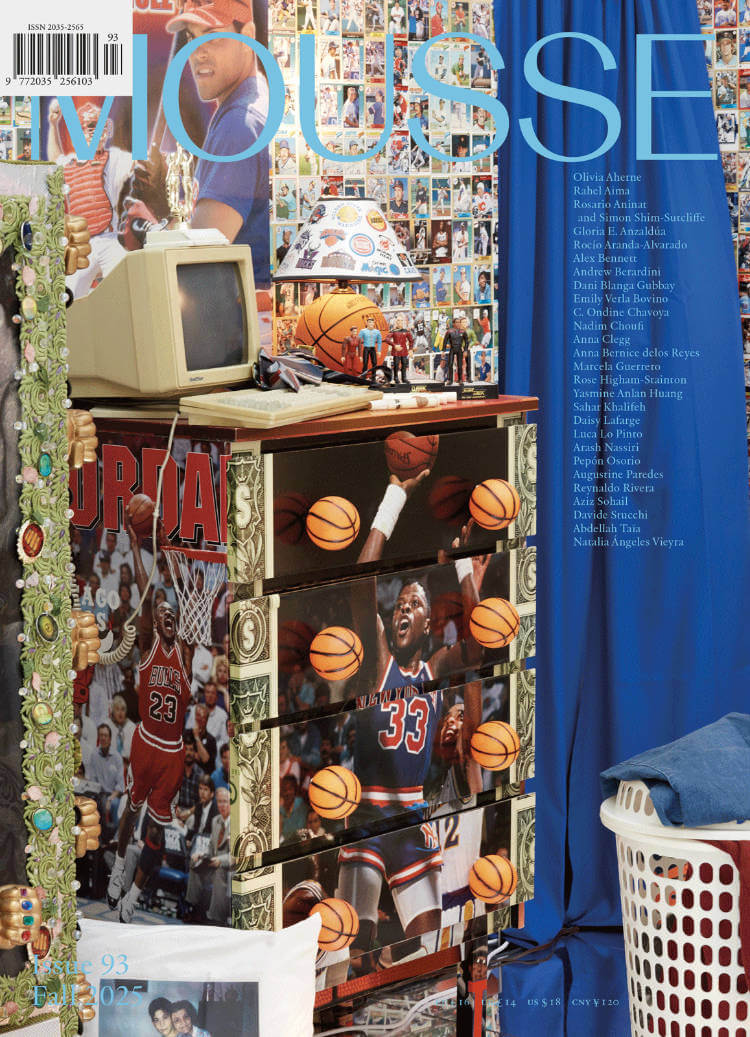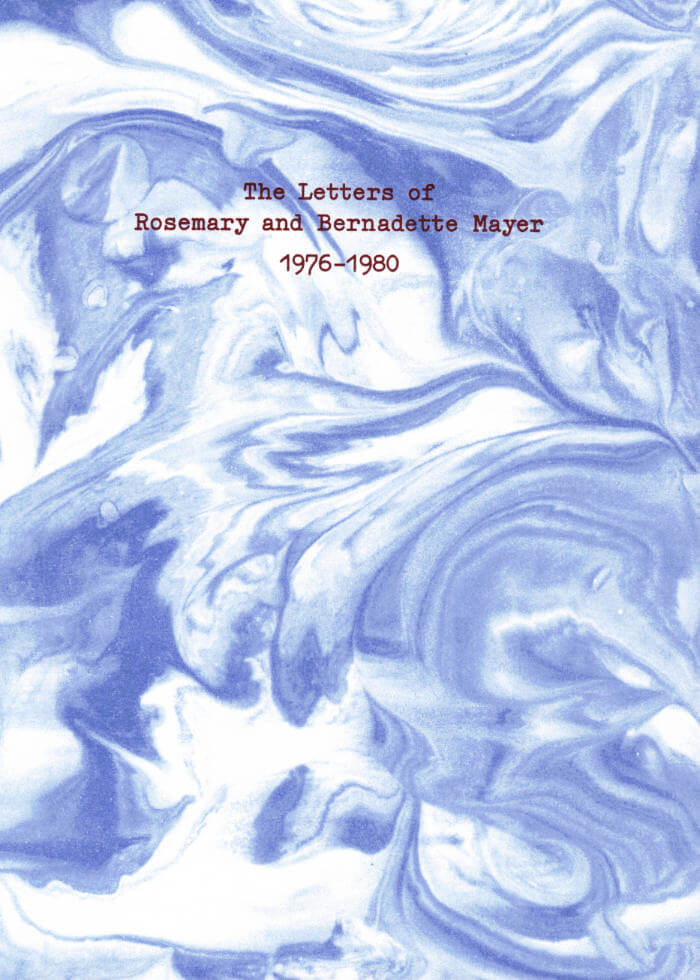
i apologize
Aurélien Potier ed.
(...) There is no one on the chair, there is no hand on the table, perhaps nobody on the floor. The set up is empty, but some kind of unsettling presence is undeniable. The set up is so obviously fake that there must be something behind it. I am not going to lie: I am going to lie.
If I lie, there is a deliberated stand. I don't have to be "true", to myself, to others. My intention is not to find lying moving, but those who can never lie cannot grow either, cannot discover who they really are. The people, that every day are forced to rip off their personality into fragments, know something about themselves and about life that nobody could teach them. Lying, betraying, is to want to or be able to transform a situation, a fact, an emotion, oneself. The act of lying suddenly un-conceals what has been considered as neutral or as the reference point. The power relations already in place are being revealed, "normality" appears as hegemony. The lie embodies a transgression. It is an attempt to escape normative structures and the refusal to assimilate them. (...)
Includes contributions by Christian Noelle Charles, Andrej Dubravsky, Sandra Golubjevaite, Lewis Hammond, Tarek Lakhrissi, Nils Amadeus Lange, Floriane Michel, Stijn Pommée, Adam Ulbert
Language: English







